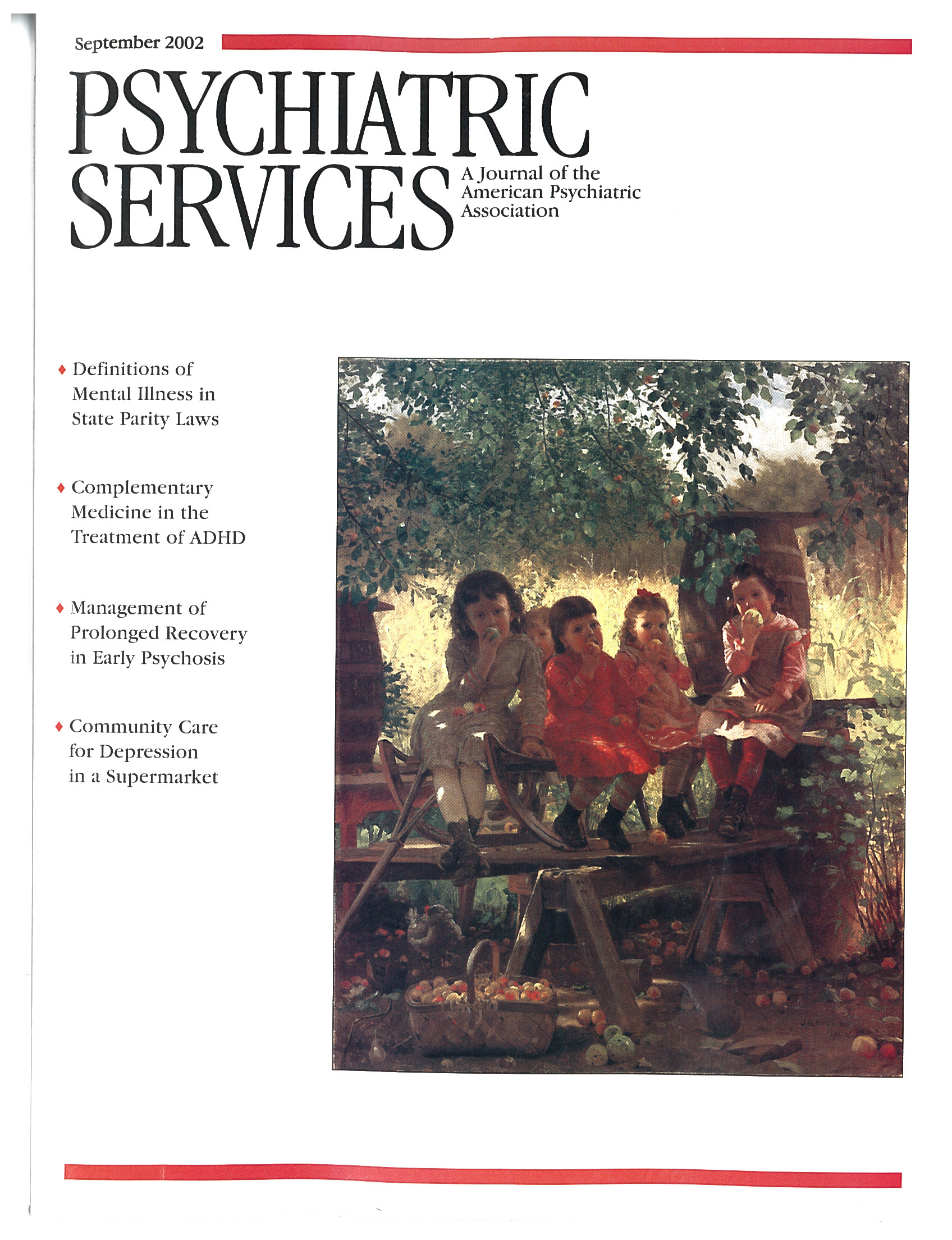The WHO Draft Manual Perpetuates Barriers to Care
Looking back on the 20th century, psychiatrists have good reason to be vigilant lest their profession again become a vehicle for the violation of human rights. Under the Nazi regime, psychiatrists identified seriously mentally ill and mentally retarded persons so that they could be taken to Hitler's death camps. Some Soviet psychiatrists misused psychiatry to stigmatize political dissidents. And certainly there are other troubling examples closer to home.
Psychiatry was also attacked in the 20th century by critics who denied the reality of all mental illness and who insisted that the entire enterprise of psychiatry was a threat to human rights. In their view, patients in psychiatric facilities were, until proven otherwise, victims of their families, their psychiatrists, and laws that should be declared unconstitutional. Mentally ill persons were an oppressed minority who had to be protected, especially from antipsychotic medications. Radical critics of psychiatry, such as Szasz, Laing, and Foucault, found allies in a generation of lawyers who championed their ideas in courts and legislatures. These efforts were sustained and supported in the United States and abroad by the Church of Scientology, whose members opposed the "materialistic" treatment methods (medications) of psychiatrists and who offered their own spiritual methods of healing.
As we move into the 21st century, this legacy of laws—and even United Nations declarations—continues to target the enterprise of psychiatry as a threat to human rights. It is time to draw clear lines and defend necessary and efficacious treatment of the people who are seriously mentally ill.
Schizophrenia is a real illness. Hallucinations and delusions are not the expression of an individual's autonomy but symptoms of a malfunctioning brain. Lack of insight into one's condition is the hallmark of serious mental illness. There are efficacious treatments for schizophrenia. Legal intervention that makes it difficult or impossible to provide appropriate treatment is not a victory for human rights or civil liberties.
The World Health Organization recently circulated a draft manual to guide mental health legislation around the world. Wrapped in the rhetoric of human rights and civil rights, the manual erects all the barriers that are the legacy of the antipsychiatry movement. WHO has not yet endorsed this draft of the manual, and it promises revisions. One can only hope that the world's most important health organization will recognize that in the 21st century its goal should be to promote the human right to health care, not to erect unrealistic barriers



